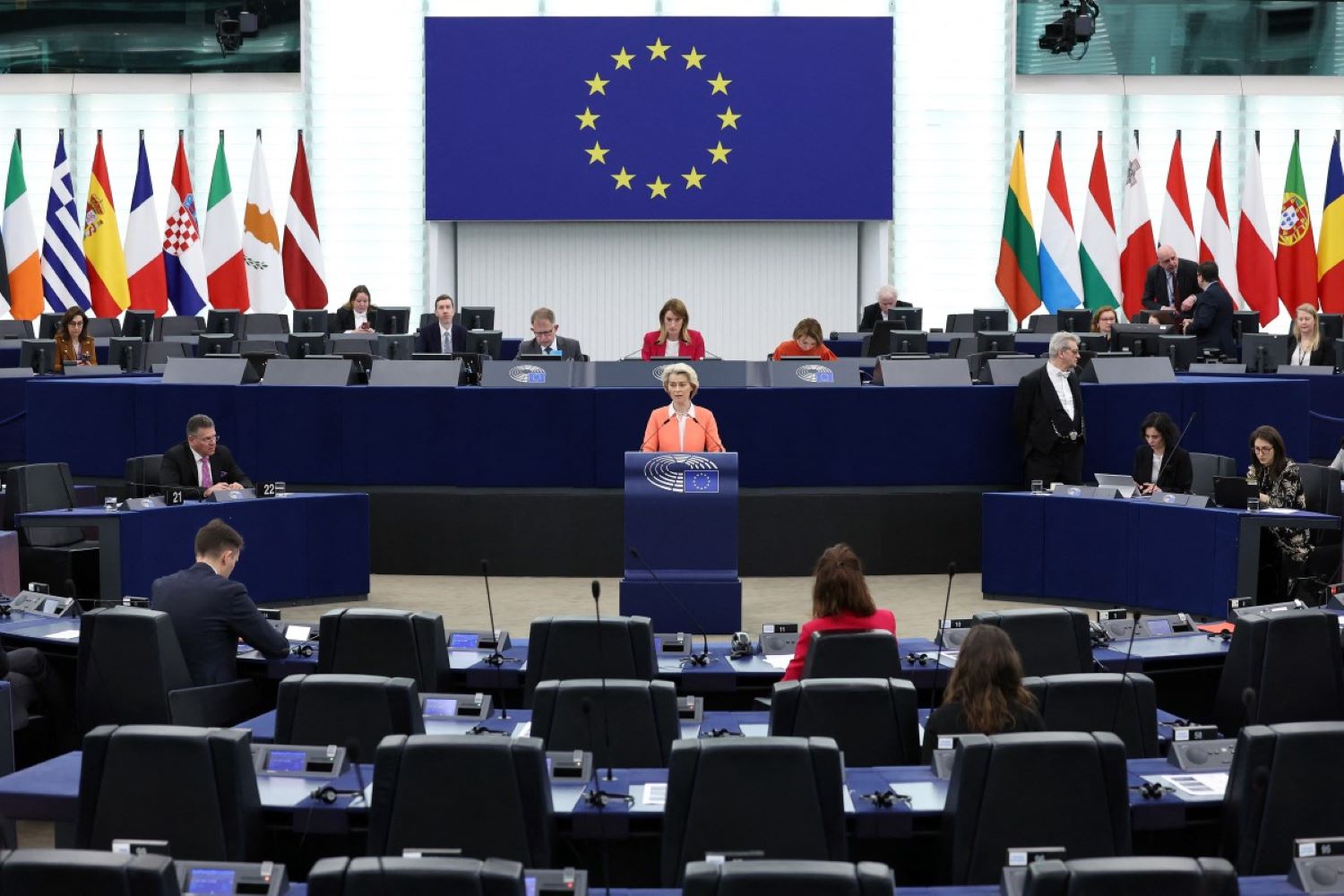BRUSSELS, BELGIUM – The EU will put more pressure on the most popular online platforms, like X and TikTok, to tackle the risk of election disinformation or face fines, an EU official said on Friday.
The European Commission, the EU’s executive arm, is expected to adopt new guidelines, likely on Tuesday, ahead of polls across the 27-country bloc in June.
They will come under the EU’s mammoth content moderation law, the Digital Services Act (DSA), that forces big tech to do more to confront illegal and harmful content as well as fake online material.
For example, platforms like Facebook and Instagram will have to make sure that any content made using generative AI clearly indicates that, the official told AFP.
And if there is no label, users should be able to flag that the content has been created using generative AI and needs a watermark.
The guidelines will also demand platforms do more to ensure access to trustworthy content on elections, the official said.
For years tech titans have self-regulated under codes of practice on disinformation but must now comply with EU rules or risk fines of up to six percent of a platform’s global turnover.
The EU’s internal market commissioner, Thierry Breton, said 2024 was “a significant year” for elections and the DSA would push platforms to mitigate the dangers online.
“That is why we are making full use of all the tools offered by the DSA to ensure platforms comply with their obligations and are not misused to manipulate our elections, while safeguarding freedom of expression,” Breton said.
The EU is especially concerned about the risk to June elections from Russian disinformation campaigns.
The biggest companies, including Meta and TikTok, have made a raft of announcements detailing how they will address the threats to elections, such as building up teams to counter disinformation during the European elections.
The EU last week demanded more information under the DSA from TikTok, Facebook, Instagram, X, Google, YouTube, Snapchat and Bing on what measures they are taking to tackle AI risks, including from deepfakes.
In December, the EU launched a full-fledged “illegal content” probe into tech billionaire Elon Musk’s X after identifying suspect posts.








